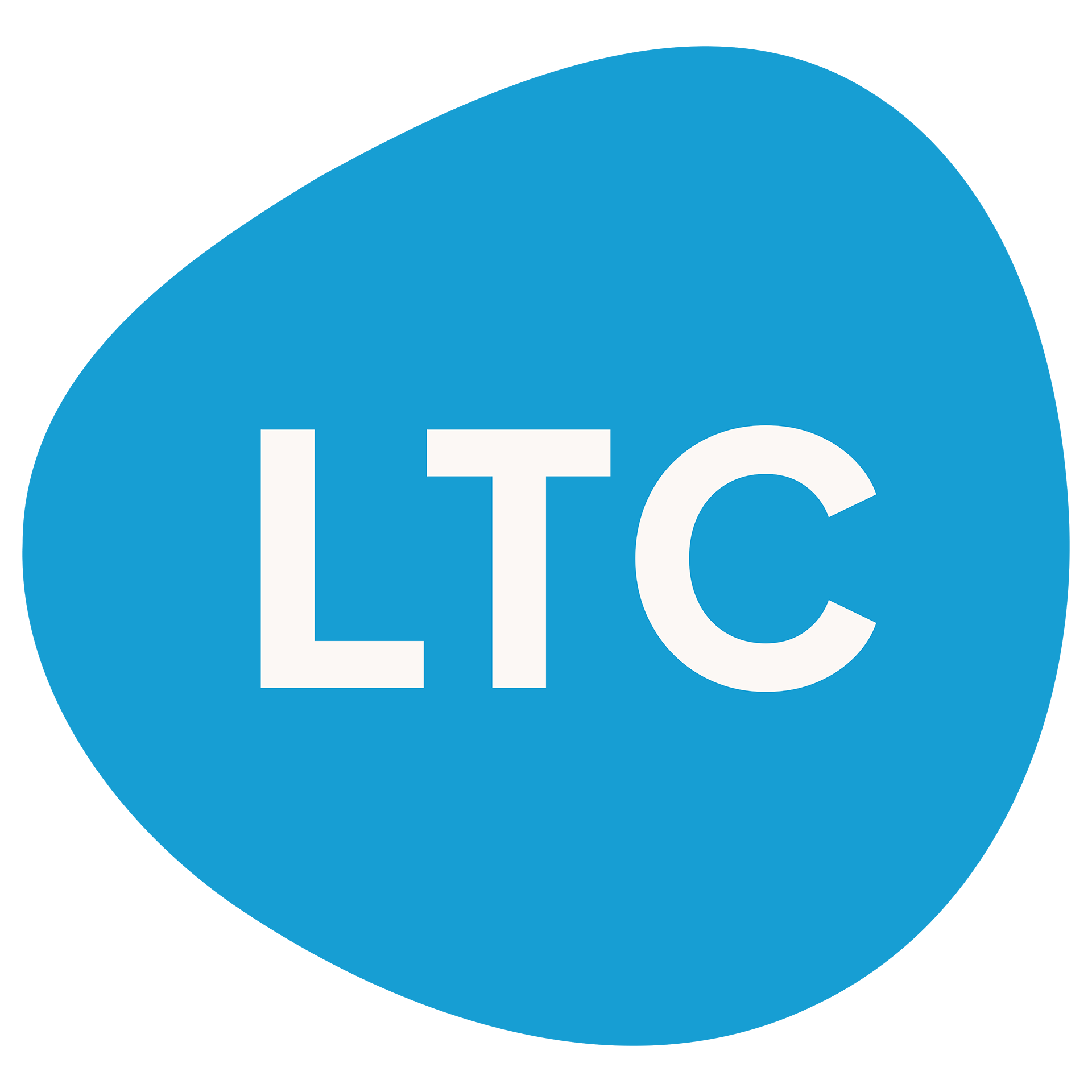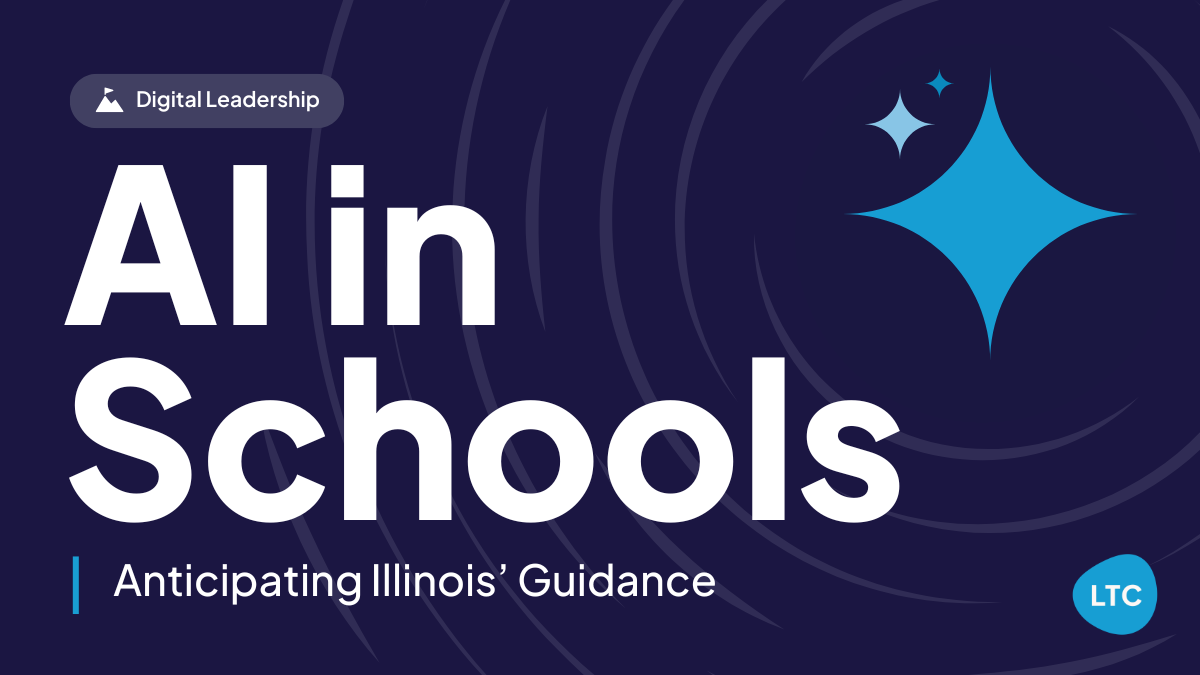Illinois is perfectly positioned to follow the blueprint many states are adopting—a model that encourages responsible AI integration, respects local flexibility, supports student privacy, and invests in teacher professional development.
What sets Illinois apart may be its willingness to listen, iterate, and lead, refining guidance as technology evolves. Ideally, Illinois’ education leaders will appreciate how AI can be harnessed as a powerful learning, rather than a replacement for human connection.
In short, expect Illinois to balance ambition with practicality. The state will likely lean into pilot programs, AI literacy, and ethical safeguards, while focusing on giving educators the training they need to thrive in this new landscape. It won’t be a quick sprint but a careful marathon—a step-by-step approach to building a future where AI enhances, not replaces, the heart of education.










